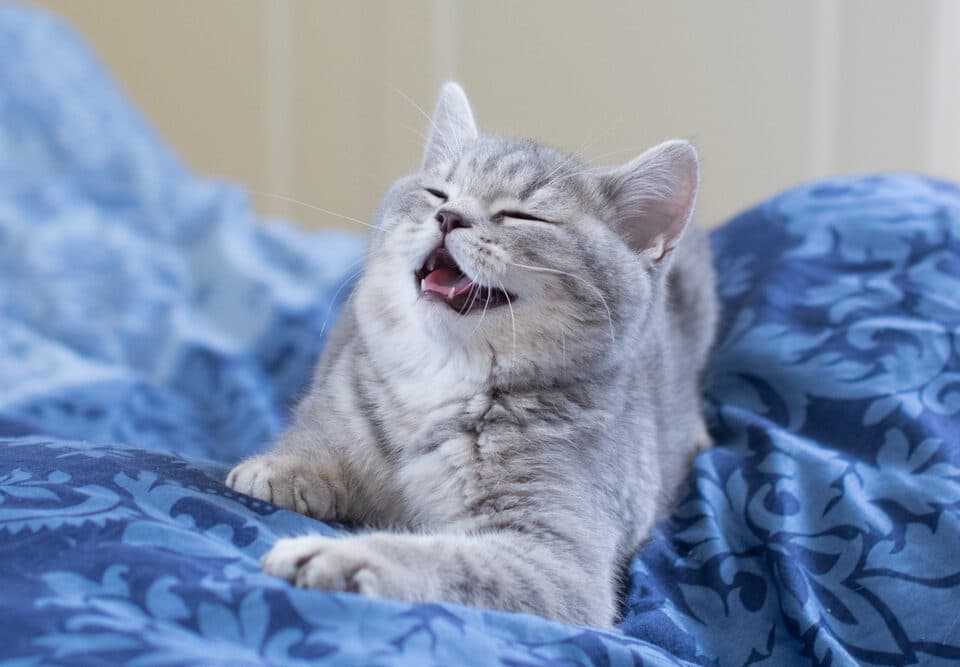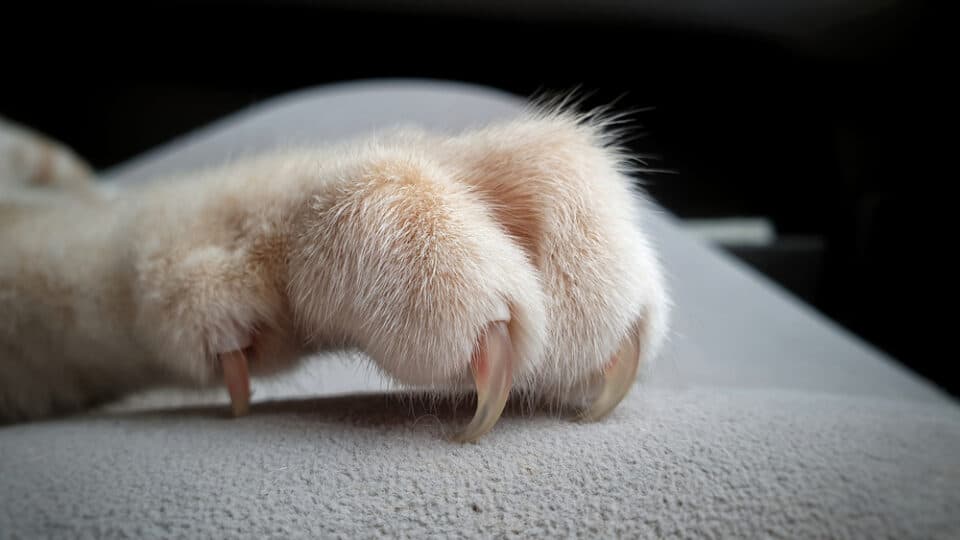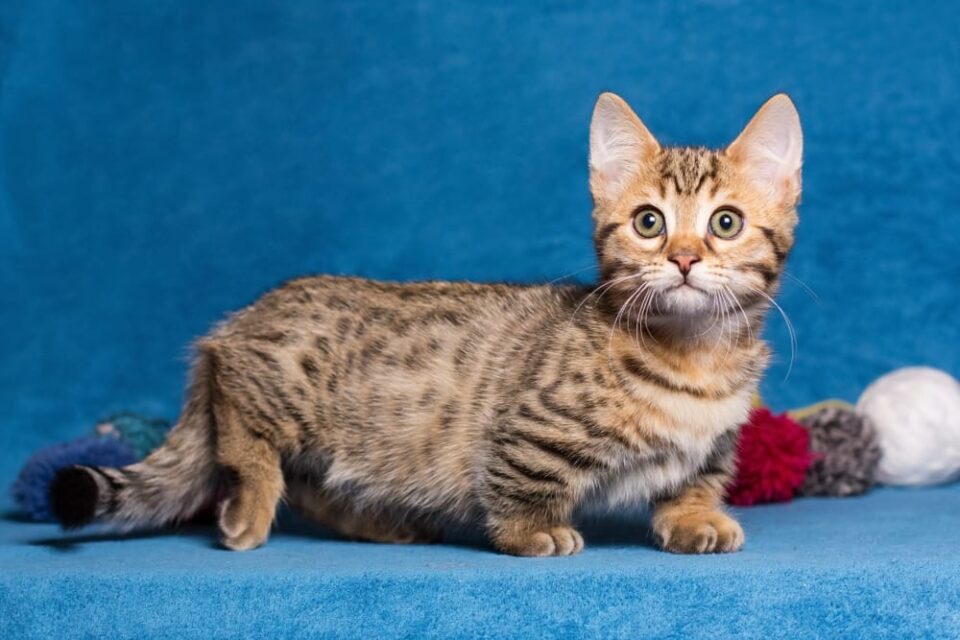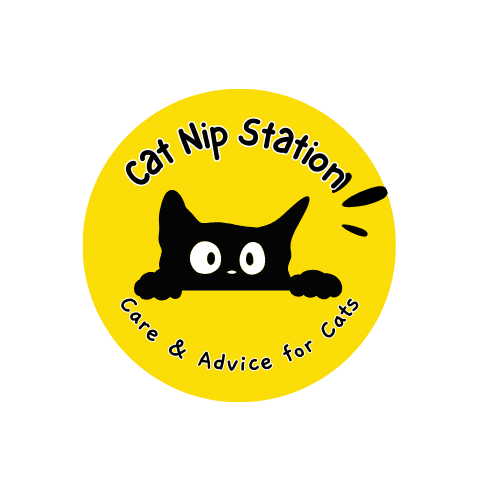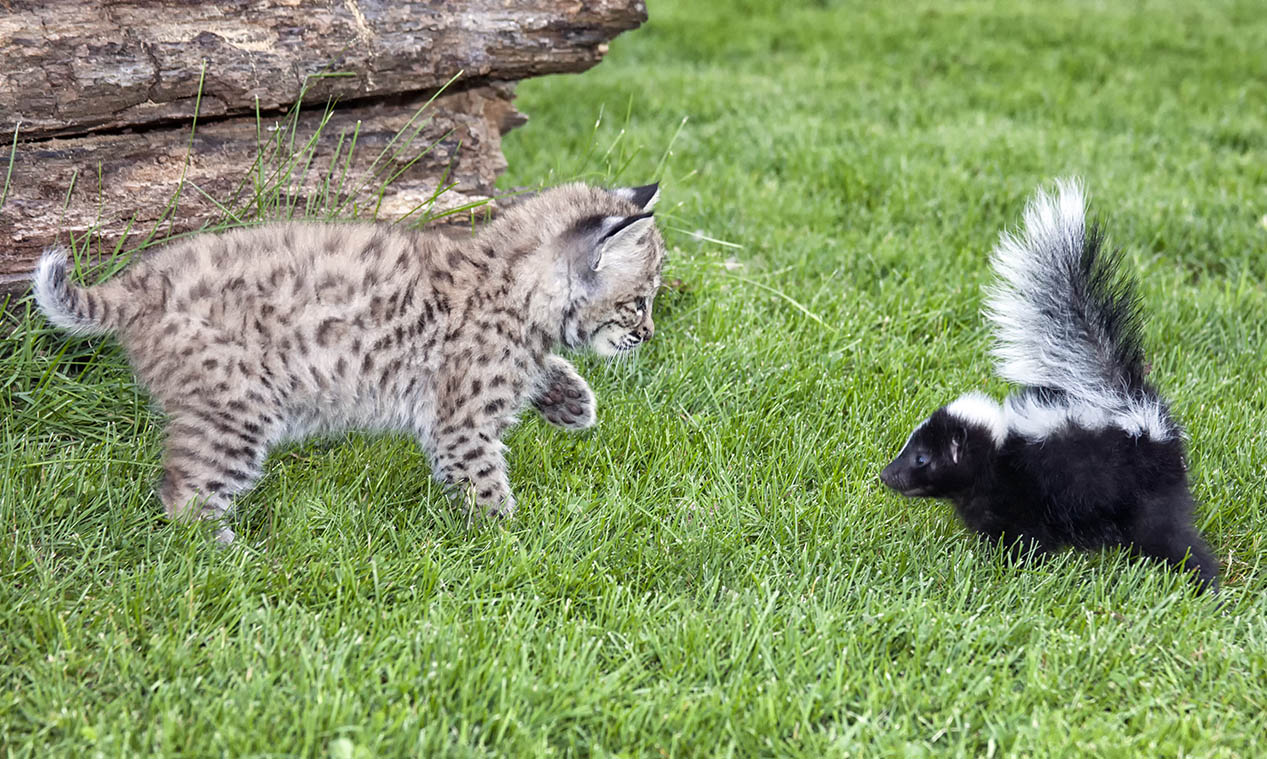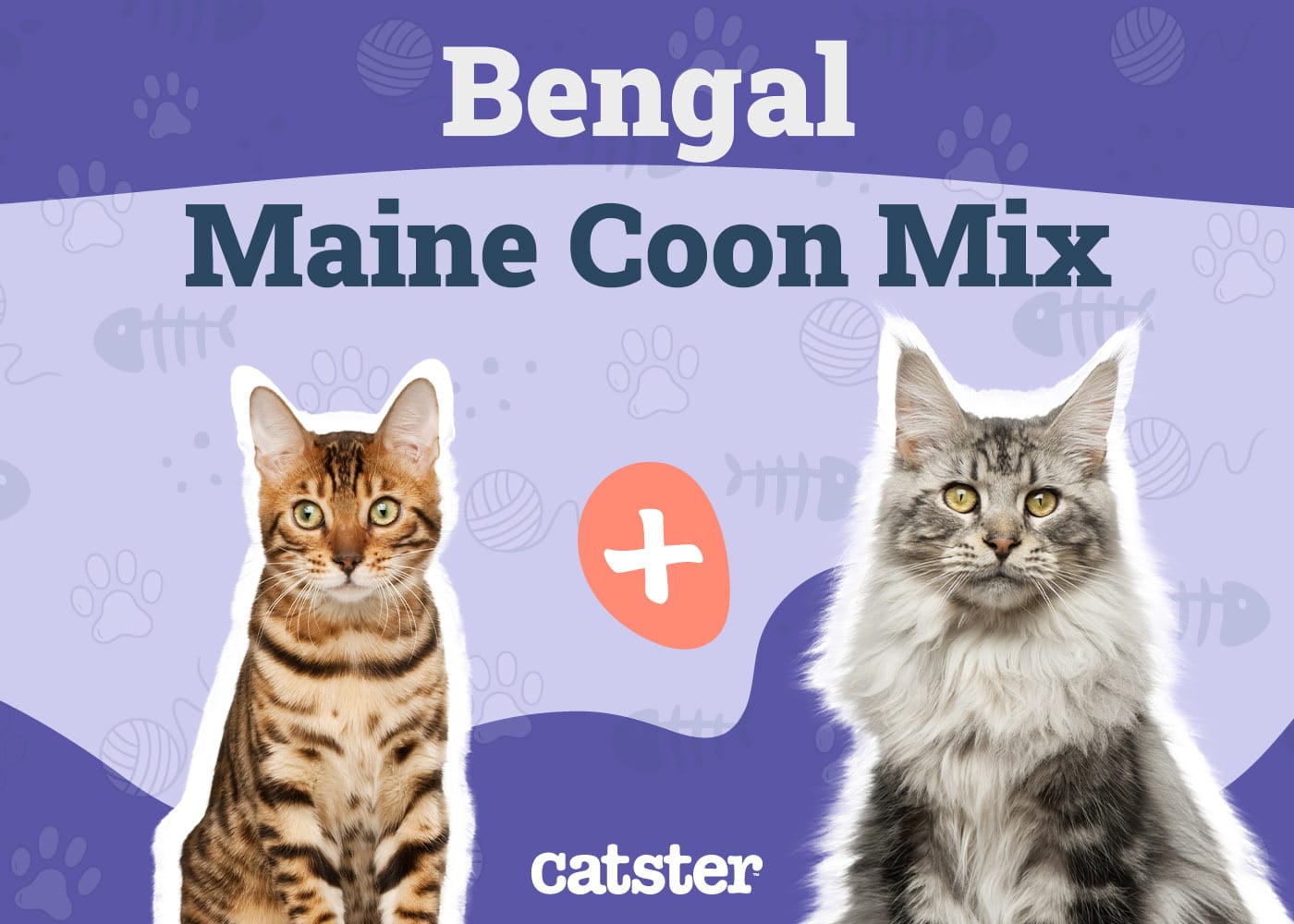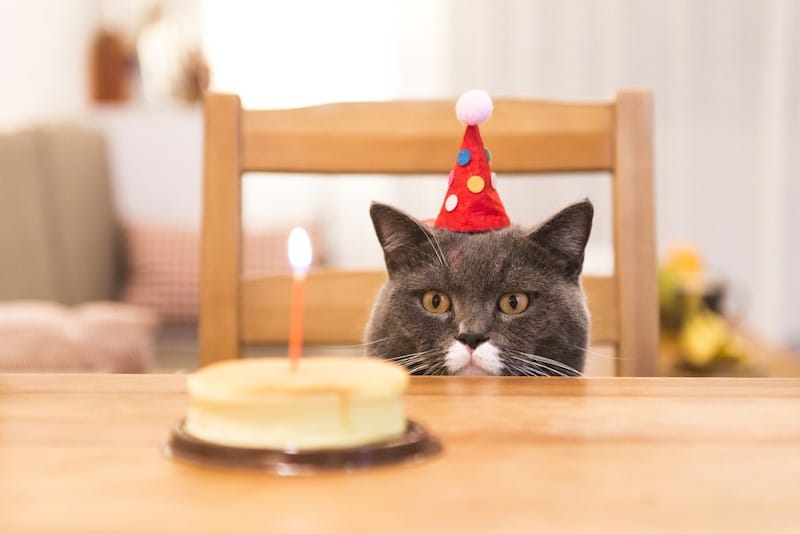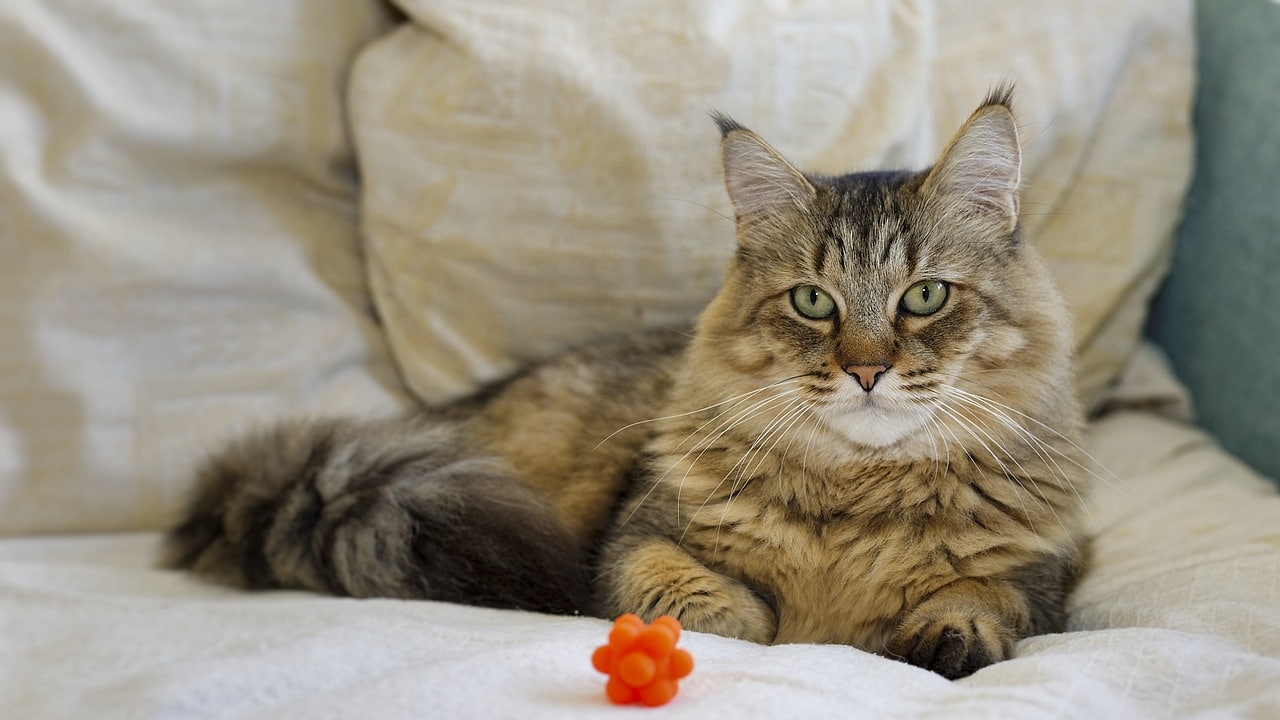Have you ever noticed your cat suddenly hiccuping? It’s more common than you think, although it might sound a bit unusual. Just like humans, cats can experience hiccups, but the reasons behind them can vary. Let’s dive into the world of cat hiccups and see what’s causing these tiny jolts in your furry friend’s system.
Cats, much like humans, can find themselves having bouts of hiccups. These hiccups are caused by the diaphragm—a muscle that helps with breathing—getting irritated for different reasons. This irritation triggers what’s scientifically called a ‘synchronous diaphragmatic flutter.’ Despite the fancy name, it’s familiar territory for those who’ve ever had a hiccup themselves. While human hiccups might come with a distinct sound, a cat’s version is often silent, or at most, a quiet chirp or squeak. If you see your cat’s belly spasming, it’s likely just experiencing a series of hiccups. But don’t worry; these hiccups usually don’t last long. However, if they become frequent or drag on, it’s time to visit the vet.
You might wonder, why does a cat hiccup in the first place? One common reason is eating too quickly. Cats that wolf down their food, especially in busy settings, tend to swallow a lot of air, irritating the diaphragm. It’s also important to consider the feeding environment—competition or a hectic setting might make a cat gulp its meal faster. Slowing down their eating with smaller, spread-out meals, or even using puzzle feeders, can help.
Another cause is not chewing properly. Cats that swallow food whole without much chewing end up with less saliva, making their stomach work harder and leading to hiccups. Checking the size and type of your cat’s kibble could make a difference, as some cats might prefer smaller or larger pieces. A sudden change in eating habits can also hint at dental issues, in which case a trip to the vet is advisable.
Then, there are hairballs. These nuisances can irritate a cat’s throat, leading to hiccups. It’s particularly common in long-haired cats. If hairballs become a frequent issue, consulting a vet for dietary changes could be beneficial. Regular grooming minimizes the risk of hairballs and can even be a bonding experience.
Interestingly, purring might play a part. When cats purr, they often produce more saliva, which, when swallowed with air, can lead to hiccups. While purring generally indicates contentment, it can sometimes be a sign of stress or anxiety. Keeping a close eye on a cat’s behavior is essential to understanding the real cause of those purrs.
Medical issues can also be a culprit. Conditions like gut infections or allergies increase gas production in the stomach, which might trigger hiccups. If there’s a change in your cat’s appetite, weight, or bathroom habits alongside the hiccups, it’s time to consult a vet.
Most of the time, occasional hiccups are harmless and more common in kittens. However, take note if your cat’s hiccups are paired with vomiting or abnormal breathing. In such cases, consulting a vet is crucial to rule out serious health problems.
At home, ensuring your cat stays hydrated can help. Cats shouldn’t just have water at mealtimes; they should always have access to fresh water. Some cats prefer flowing water from fountains, which can be more appealing than still water. It’s all about making sure they get enough fluids to aid digestion, which in turn helps alleviate or prevent those pesky hiccups.
When dealing with a greedy eater, smaller meals can make a big difference. Breaking meals up over the day or using slow-feed bowls can slow down their pace and prevent overeating. For hairball-related hiccups, tweaking the diet to incorporate hairball control food or supplements might help. But, as always, it’s best to consult a vet before making significant dietary changes.
Hiccups in cats are usually harmless and resolve on their own. However, frequent or prolonged episodes warrant a vet visit. Paying attention to feeding routines and ensuring a stress-free environment can minimize hiccups. When in doubt, a vet can help guide the way. Look after your furry companions by staying observant and giving them the care they need.
